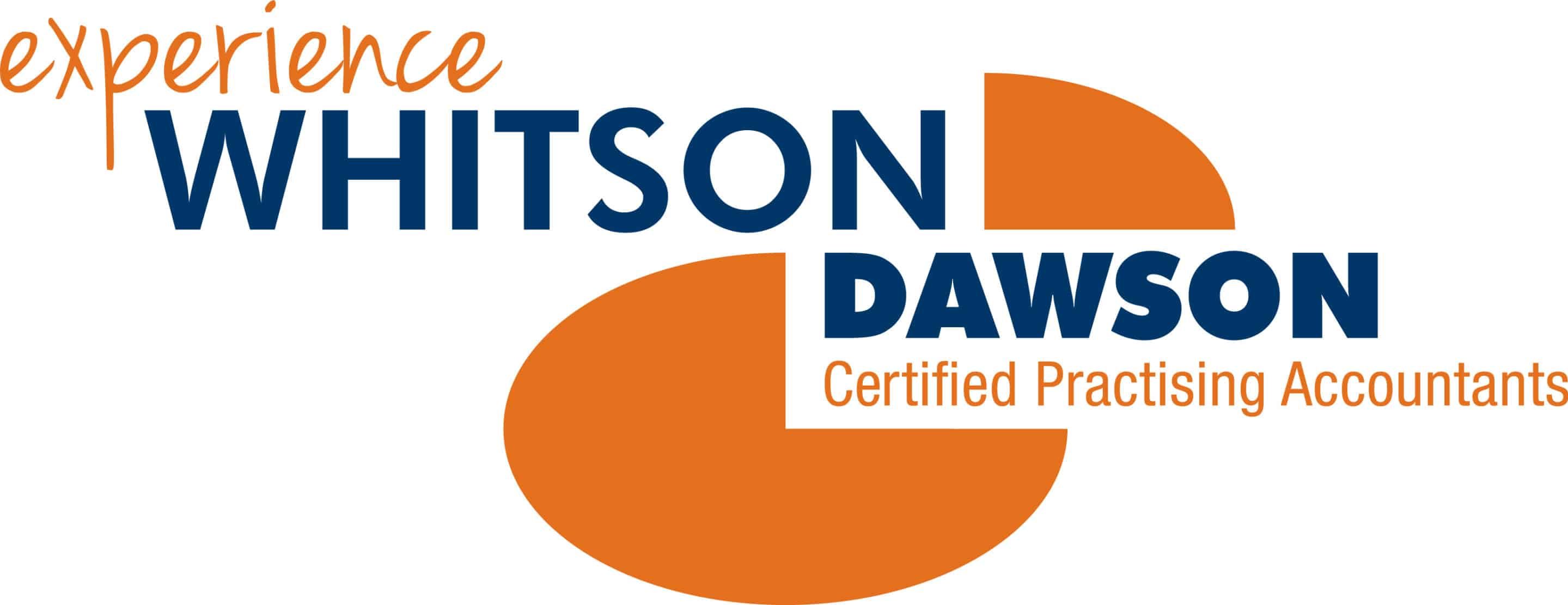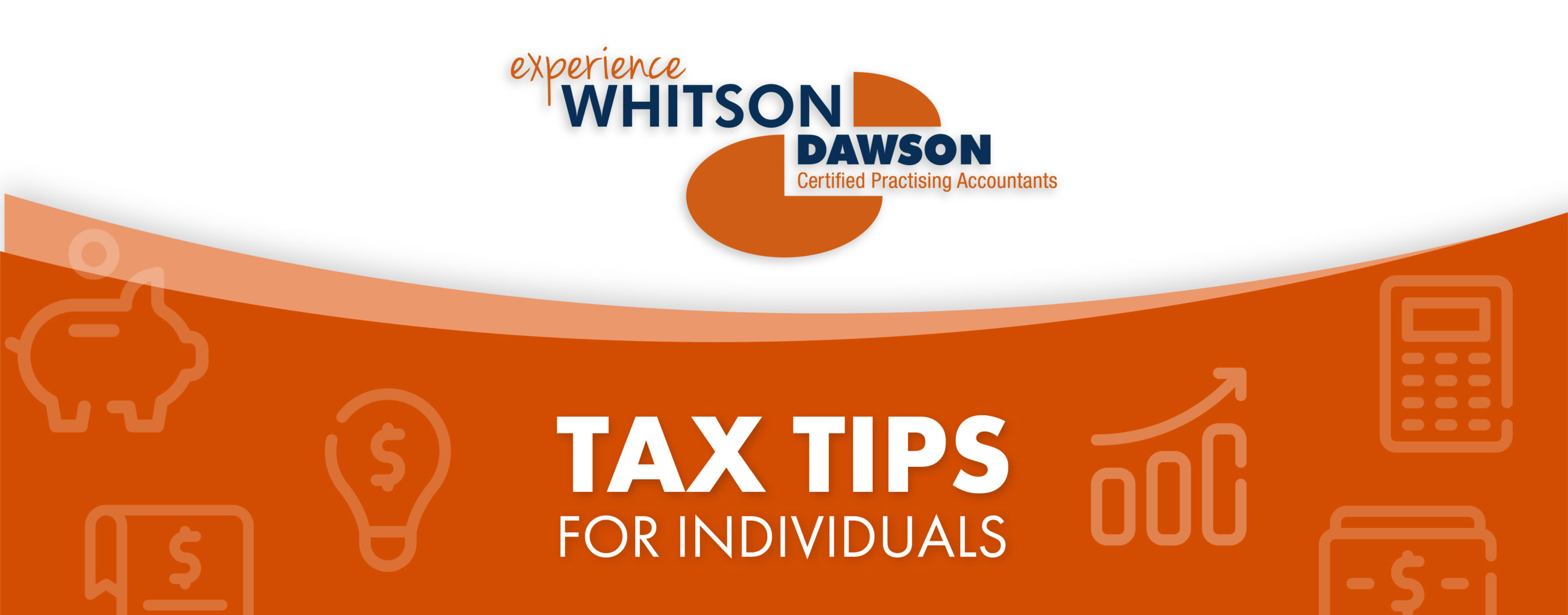Our Top Tax Tips To Make Lodging Your Return a Breeze
It’s July again. You’ve made it through another 12 months of work and life and have reached the pivotal moment of the year…tax time.
Does anyone else feel like it was only yesterday we were pulling out our receipts and sitting down at our computers with a glass of wine?
For some, lodging a tax return is a stressful time…for others, it’s a chance to top up the bank account and buy that new motorbike they’ve had their eye on.
Whatever the emotions you have about tax time, it’s important to understand your income, your obligations and most importantly what you are entitled to claim.
After all, the goal is to minimise the amount of money you hand over to the tax man and maximise the amount coming back into your bank account!
To make it a little easier to understand the ins and outs, we’ve broken down our top tax tips into segments covering income, records and deductions.
Get your pen and paper out, these are the most important things to remember when lodging your tax return:
-
Make sure you include all your income:
If you worked during the 2020-21 financial year and had tax withheld, then you will need to lodge a tax return. While you can lodge your tax return yourself, if you are using Whitson Dawson’s services to help prepare and lodge this year, you have a little extra time up your sleeve.Your income can include your wage, any government payments including JobKeeper, insurance payouts, COVID-19 support payments, disaster assistance payments, rental income and sharing economy income (e.g. Uber or Airbnb).
-
Sort out your records:
You need to keep your records for five years from the date you lodge your tax return including income statements and receipts. -
Know what you can claim:
You might be able to claim more than you realise, which will end up being more cash in your pocket!
The most common deductions include:
-
-
Working from home expenses:
More people than ever have worked from home over the past year due to COVID-19 restrictions. While you can’t claim things like rent or food, you can claim phone expenses, internet expenses, the decline in value of work equipment/furniture and electricity (only during the hours you worked).
-
-
-
Travel:
Do you use your own car for work-related travel? If your workplace is not reimbursing you for the cost of these trips, you may be able to claim up to 5,000 kilometres as long as you can prove where and why you have travelled.
-
-
-
Protective equipment:
If you’ve purchased gloves or face masks this year due to COVID-19, you may be able to claim these on tax (provided your employer didn’t reimburse you already). Other employees who are required to purchase PPE equipment due to the nature of their job may also claim these items on tax – if you have receipts. Examples include sun-protection clothing, gloves, steel-cap boots and Hi-Vis clothing.
-
-
-
Work-related expenses:
You may have purchased things like tools and equipment to perform your duties at work. In this case, if you have a receipt, you can claim the full value of an item that costs up to $300 or the decline in value of an item that costs more than $300. If you aren’t sure what sort of items you can claim on tax, ask the Whitson Dawson tax team to help clarify your potential deductions.
-
-
-
Self-education expenses:
While it needs to relate to your current employment, these can include course fees, student union fees, text books and capital purchases.
-
-
-
Rental property expenses:
You can claim a deduction for some rental property expenses for the period your property is rented or is genuinely available for rent. Make sure to check your Property Depreciation Report if you own a rental property. That way you can claim the maximum amount of building write-off deductions.
-
-
Other expenses:
-
You can claim up to $150 worth of laundry expenses without receipts and can claim the cost of work uniforms provided they were compulsory to wear, you were not reimbursed by your employer and you have receipts.
-
You can claim a tax deduction for donations to organisations that are registered DGRs (deductible gift recipients).
-
You may be able to claim personal super contributions you make to a complying super fund, to do this you must provide a “notice of intent to claim or vary a deduction for personal super contributions”.
- You can claim the cost of premiums you pay for income protection insurance.
-
We understand this time of year can be overwhelming, but it doesn’t have to be that way! The tax team at Whitson Dawson are always happy to have a chat about your options. We consider it our job to make lodging your tax return a stress-free process and we even have fun while doing it!
If you’re a little short on time this year and need a helping hand, let our friendly, professional team help you lodge your income tax return.
Give us a call on (07) 4957 2985 or email business@whitsondawson.com.au
Remember, tax time doesn’t have to be stressful!
Until next time,
Whitson Dawson – your local accounting experts







Recent Comments